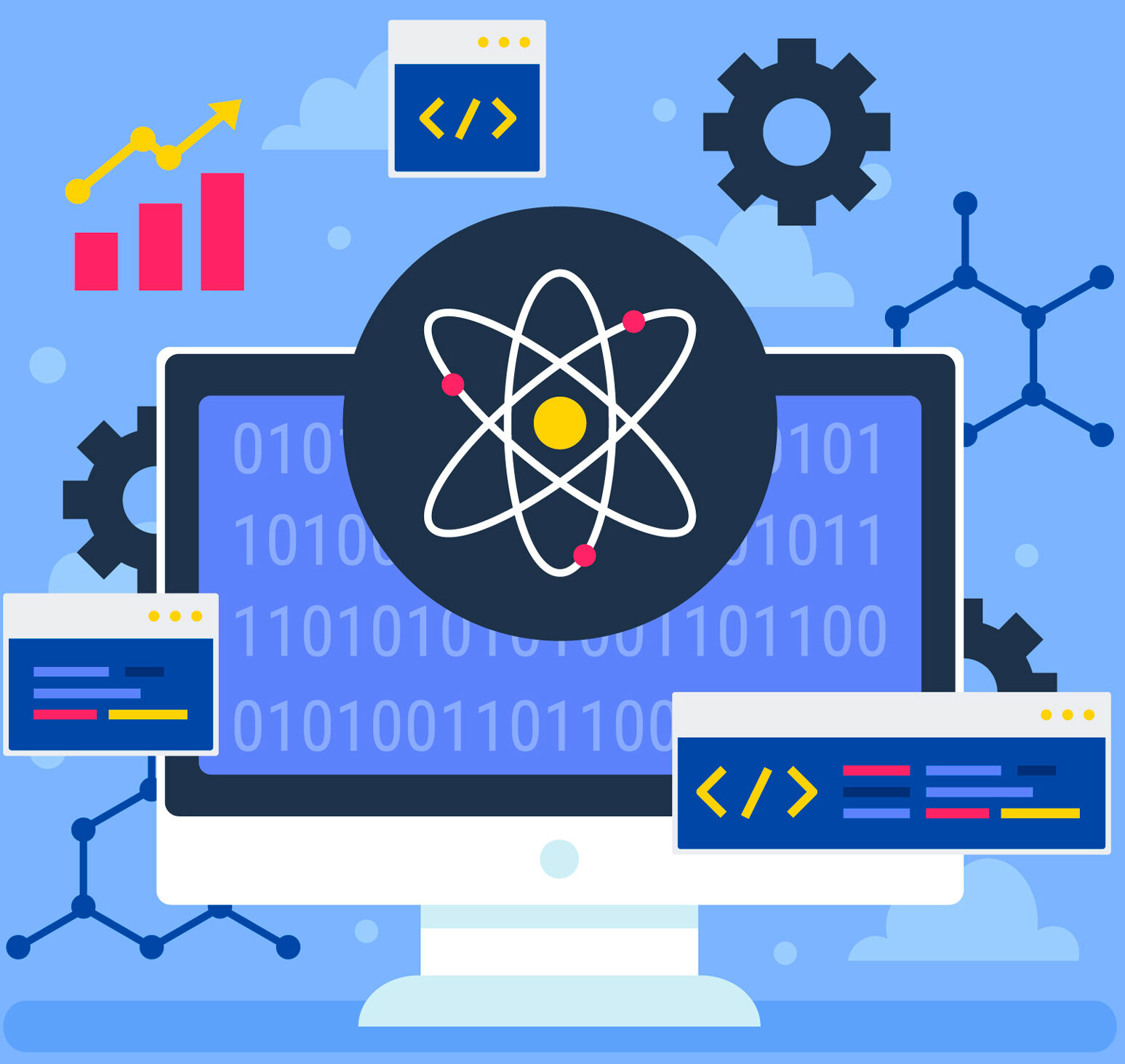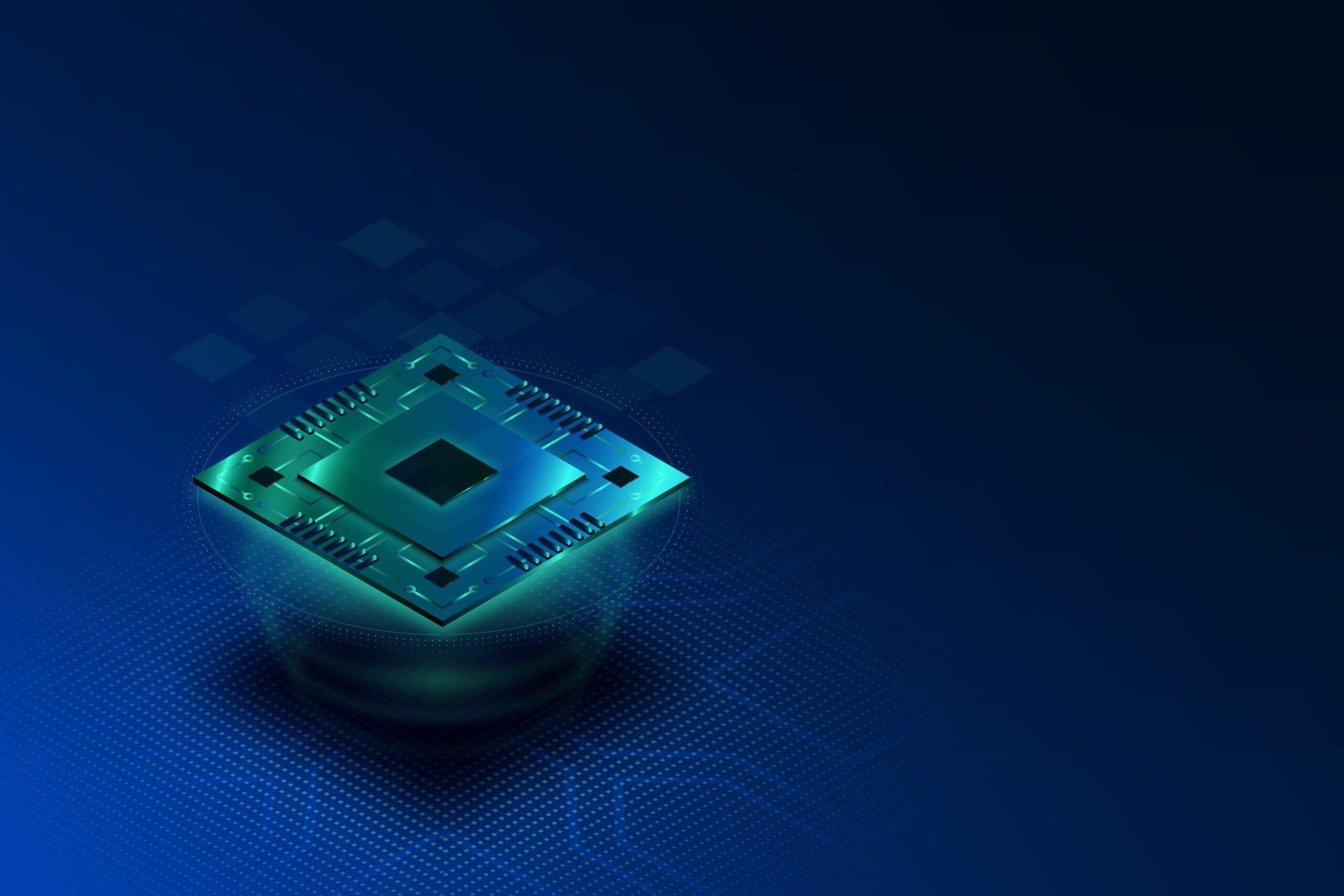
What is Quantum Computing?
Quantum computing sounds like something from a sci-fi movie, but it’s real and getting exciting in 2025. Unlike regular computers, which use bits (like tiny switches that are either 0 or 1), quantum computers use qubits. Qubits are special because they can be 0, 1, or both at once, thanks to a weird quantum trick called superposition.
They can also connect in a way called entanglement, where one qubit’s state instantly affects another, even far away. This makes quantum computers super powerful for solving big, tricky problems—like designing new medicines or cracking complex codes—that regular computers struggle with.
Why Quantum Computing Matters
Think of a regular computer as a calculator that solves problems step by step. It’s great for emails or gaming but slow for massive tasks, like simulating how a new drug works in the body. Quantum computers are like a super-smart friend who can solve puzzles in a flash by trying many answers at once. They’re not for everyday tasks but shine for things like:
- Medicine: Modeling molecules to create better drugs faster.
- Environment: Optimizing solar panels or predicting climate changes.
- Finance: Finding the best ways to invest money or manage risks.
- Cryptography: Improves Encryption by making it more secure
The problem? Qubits(what quantum computers use) are super sensitive. Things like heat or tiny vibrations can mess them up, causing errors. That’s why 2025 is a big deal—scientists are figuring out how to make qubits more reliable, so quantum computers can actually do useful work.

Big News in 2025: Fixing Errors
The biggest challenge with quantum computers is keeping qubits stable. In 2024, Google made a huge leap with its Willow chip, which has 105 qubits. It’s special because it reduces errors as you add more qubits, unlike older systems where errors piled up. Willow solved a test problem in five minutes that would take a regular supercomputer longer than the universe has existed—crazy, right? This shows quantum computers are getting closer to being practical.
How do they fix errors? Scientists use logical qubits—groups of physical qubits that work together to catch and correct mistakes, like a team checking each other’s math. In 2025, MIT and Harvard teamed up with a company called QuEra to test 48 logical qubits using tiny atoms trapped by lasers. These atoms are super stable, making errors less likely to occur. It’s like giving qubits a safety net so they can keep working without crashing.
Startups and Global Efforts
It’s not just big names like Google and Microsoft. Smaller companies are making waves too. Rigetti, a startup, improved its 36-qubit chip in 2025, cutting errors in half and aiming for 100 qubits soon. IonQ’s Tempo system uses barium qubits to help with climate models, and they’re targeting big results by year-end. Another company, D-Wave, has a 4,400-qubit machine that solves material science problems way faster than competitors.
Around the world, countries are jumping in. The U.S. is spending $500 million on quantum research, while Europe’s putting in €900 million for projects like quantum-powered smart cities. Japan and China are racing too, with companies like Fujitsu and SpinQ building smaller quantum devices you could even use at home one day.
What’s Holding It Back?
Quantum computers aren’t perfect yet. They need super-cold environments—like colder than outer space—to work, which is expensive and tricky. Some experts, like Nvidia’s boss, say truly useful quantum machines might be 15 years away because they’re still “noisy” (error-prone). But 2025’s progress, like a new trick called magic state distillation that cleans up qubit errors, is a big step forward.
Why Should You Care?
Quantum computing could change your life in the future. It might help doctors find cures faster, make clean energy cheaper, or keep your online data safer. In 2025, businesses are starting to train for quantum—Microsoft says only 12% are ready, so there’s a chance to get ahead.